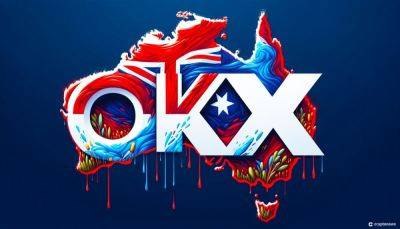Crypto Service Providers in Canada Must Report Transfers, Customer Data By 2027
Crypto firms in Canada will soon face increased disclosure obligations, per regulations introduced in Tuesday’s 2024 federal budget.
The Canadian government said it intends to implement the Crypto-Asset Reporting Framework (CARF). This framework, endorsed by the Organisation for Economic Co-operation and Development (OECD) in August 2022, fulfills a mandate established by the G20 in April 2021. It called for the OECD to develop a system facilitating the automatic exchange of tax information pertaining to crypto assets.
Canada’s budget suggested allocating CA$51.6m ($37.3m) to the Canada Revenue Agency over a five-year period starting in 2024–25. This will be followed by an annual allocation of CA$7.3 million ($5.2m) for subsequent years to cover implementation and administration costs.
The forthcoming annual reporting obligations will be applicable to cryptoasset service providers domiciled in Canada or operating within its jurisdiction. These providers will include exchanges, crypto brokers, dealers, and crypto ATM operators.
Under the system, the Canada Revenue Agency (CRA) will require the annual reporting of the value of transactions involving exchanges between cryptoassets and fiat currencies, exchanges between different cryptoassets, and transfers of cryptoassets.
However, reportable crypto assets will not include Central Bank Digital Currencies (CBDCs) and other electronic money products. Instead, these will be included within the expanded scope of the OECD’s existing common reporting standard.
In addition, crypto service providers will be mandated to report details pertaining to their clients. This information includes full names, residential addresses, dates of birth, jurisdictions of residence, and taxpayer
Read more on cryptonews.com






















